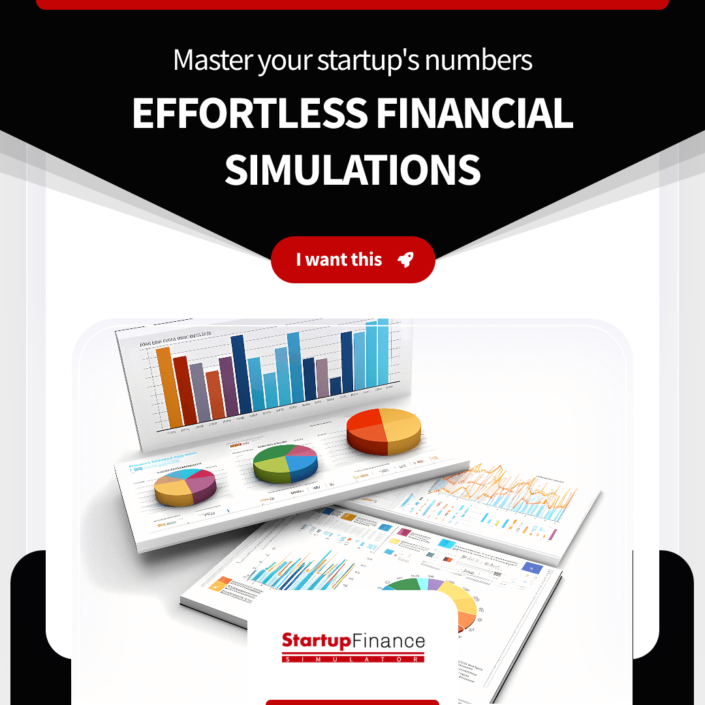Investor Red Flags: Signs That They Might Not Be the Right Fit for Your Startup
The journey of a startup founder is filled with excitement, challenges, and pivotal decisions. One of the most crucial decisions is choosing the right investor. While securing funding can be a significant milestone, it’s essential to ensure that the investor aligns with your startup’s vision, values, and growth trajectory. Not all money is good money. Let’s delve into the red flags that might indicate an investor might not be the right fit for your startup.
1. Lack of Industry Knowledge
An investor who lacks understanding or experience in your industry might not provide the insights, connections, or mentorship essential for your startup’s growth.
Key Takeaway: Choose investors who understand your domain. Their industry knowledge can be invaluable in navigating challenges and leveraging opportunities.
2. Overemphasis on Quick Returns
While investors seek returns, those overly focused on quick profits might push you towards decisions that aren’t in your startup’s long-term interest.
Key Takeaway: Align with investors who understand and support your long-term vision, rather than seeking short-term gains.
3. Inadequate Due Diligence
Investors genuinely interested in your startup will take the time to understand your business model, team, and market potential. If they’re rushing the due diligence process, it’s a red flag.
Key Takeaway: Genuine interest is reflected in the effort an investor puts into understanding your startup.
4. Vague Terms and Conditions
If an investor is not transparent about the terms of investment or avoids putting things in writing, proceed with caution.
Key Takeaway: Clarity and transparency in terms are crucial to avoid future conflicts and misunderstandings.
5. Overbearing Control Demands
While investors will have a say in certain decisions, those demanding excessive control can stifle your startup’s agility and founder vision.
Key Takeaway: Retain strategic control. Ensure the investor’s involvement level aligns with your comfort and the startup’s best interests.
6. Poor Communication
Consistent communication is the bedrock of a healthy founder-investor relationship. If potential investors are frequently unresponsive or evasive, it’s a warning sign.
Key Takeaway: Open channels of communication foster trust and collaborative decision-making.
7. Questionable Reputation
Do your homework. If an investor has a history of contentious relationships with startups or unethical practices, it’s a significant red flag.
Key Takeaway: An investor’s past behavior can be indicative of future interactions. Prioritize reputation and integrity.
8. Misalignment of Values
Your startup’s culture and values are pivotal. If there’s a stark misalignment between your values and those of the investor, it can lead to conflicts.
Key Takeaway: Shared values ensure a harmonious relationship, fostering collaborative growth.
9. Pressure to Pivot Prematurely
While pivots are part of a startup’s journey, investors pushing for drastic changes without valid reasons can derail your vision.
Key Takeaway: Stay true to your startup’s essence. Ensure pivots are strategic and not investor-imposed without justification.
10. Lack of Enthusiasm
Investors should be your startup’s cheerleaders. If they lack enthusiasm or belief in your vision, it can affect morale and future funding rounds.
Key Takeaway: Partner with investors who believe in your vision and are enthusiastic about your startup’s potential.
11. Inflexibility in Terms
Negotiations are a two-way street. Investors unwilling to discuss or modify terms might be challenging to work with in the long run.
Key Takeaway: A collaborative approach to terms ensures both parties’ interests are addressed.
12. Overemphasis on Equity
Investors demanding excessive equity upfront can be detrimental. It not only dilutes your stake but might deter future investors.
Key Takeaway: Strike a balance. Ensure equity discussions are fair and in line with industry norms. Use our free online equity dilution simulator.
13. Absence of Constructive Feedback
Constructive feedback is a growth catalyst. Investors who only criticize without offering actionable insights might not be the best fit.
Key Takeaway: Choose investors who provide feedback that’s constructive, actionable, and in your startup’s best interest.
14. Disinterest in Team Interactions
Your team is your startup’s backbone. Investors disinterested in understanding or interacting with your team might lack a holistic investment approach.
Key Takeaway: Holistic investors understand the value of a strong team and engage with them to gauge the startup’s potential.
Conclusion
Choosing the right investor is a pivotal decision in your startup’s journey. It’s not just about securing funds but also about building a relationship that fosters growth, mentorship, and long-term success. As a first-time founder, it’s essential to be vigilant, trust your instincts, and prioritize your startup’s best interests. Remember, the right investor can be a catalyst for growth, while the wrong one can hinder your startup’s potential. Approach the investment process with caution, clarity, and confidence. With the right partnership, the sky’s the limit for your startup’s success.




















